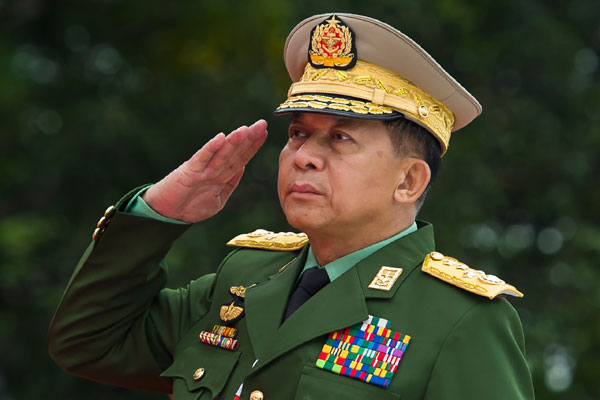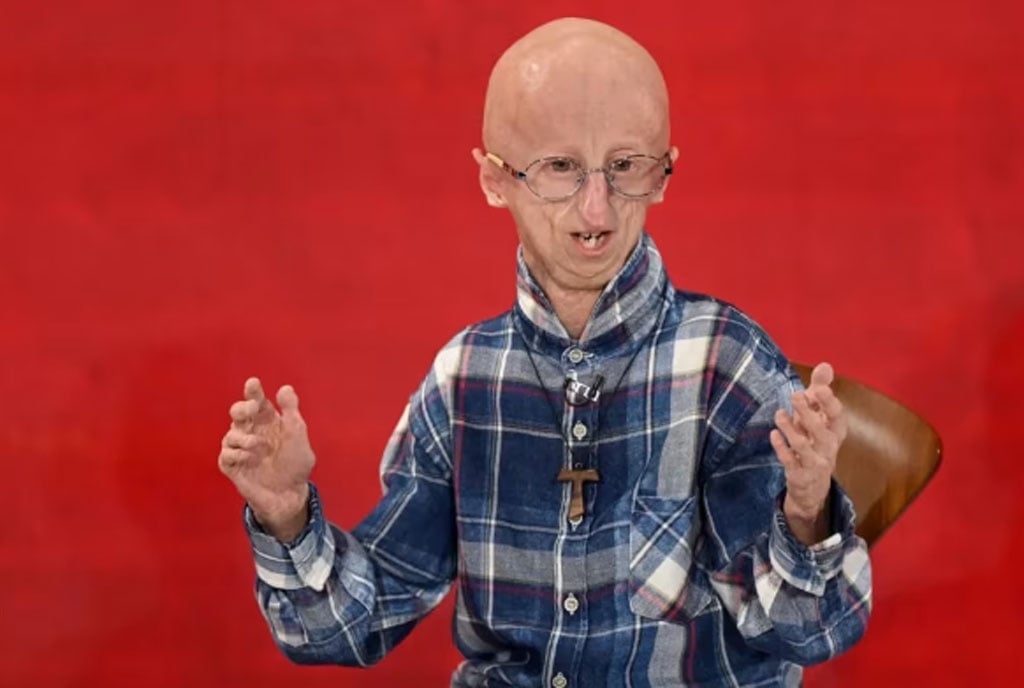Prime
Min Aung Hlaing: Myanmar's powerful, ambitious army chief

In this file photo taken on July 19, 2018, Myanmar's Chief Senior General Min Aung Hlaing, commander-in-chief of the Myanmar armed forces, salutes to pay his respects to Myanmar independence hero General Aung San and eight others assassinated in 1947, during a ceremony to mark the 71th anniversary of Martyrs' Day in Yangon. AFP PHOTO
What you need to know:
- The November poll was won in a landslide by Nobel laureate Aung San Suu Kyi and her National League for Democracy (NLD) but the military has disputed the results of the vote.
After taking credit for restoring Myanmar's democracy but then watching the military get smashed in elections, the country's top general has seized power just months away from official retirement.
General Min Aung Hlaing is an international pariah who has been condemned for presiding over a brutal crackdown on the country's stateless Rohingya population in 2017.
He has been banned from Facebook for stoking hate speech against the persecuted minority, and UN investigators have called on him and other top army leaders to be prosecuted for genocide.
But for years he has steadfastly denied nearly all allegations of human rights abuses and says the military operations, which drove around 750,000 Rohingya refugees into Bangladesh, were justified to root out insurgents.
The 64-year-old was tapped to head the country's armed forces in 2011, just as a previous generation of military leaders were transitioning the country to a parliamentary system after decades of junta rule.
He has embarked on an ambitious and expensive programme to outfit the army with modern equipment, sourcing new weapons and hardware from China, Russia, Israel and other big arms sellers.
But he has also hinted at his own political ambitions after he turns 65 later this year - the age he would have been subject to mandatory retirement.
"He had flirted with the idea of running for election himself as a civilian," said Myanmar analyst Herve Lemahieu from Australia's Lowy Institute.
Lemahieu said the general had probably hoped for a path to higher office with the help of a military-backed political party, which was routed in an election last November.
"He's probably calculated now that... there is no electoral means by which he could stay in power," Lemahieu said.
The November poll was won in a landslide by Nobel laureate Aung San Suu Kyi and her National League for Democracy (NLD) but the military has disputed the results of the vote.
Before the vote, Min Aung Hlaing had pledged to honour the outcome of the election.
But he dramatically raised tensions last week when he suggested the country's constitution could be "revoked" if the political impasse could not be solved.
Now that he has taken charge, the general is likely to move quickly and stage a new vote that will "stack the game in his favour", Lemahieu said.
"I think he will try to put the country back on track towards some kind of on-paper election in which the major players including... Aung San Suu Kyi will be barred from running," he added.




